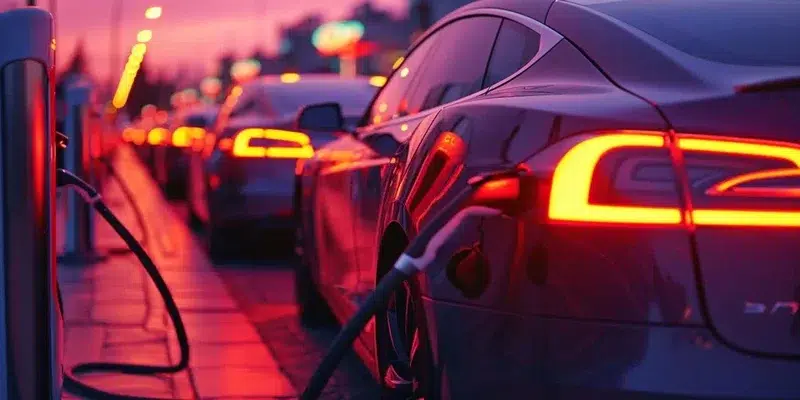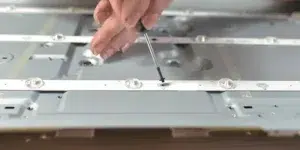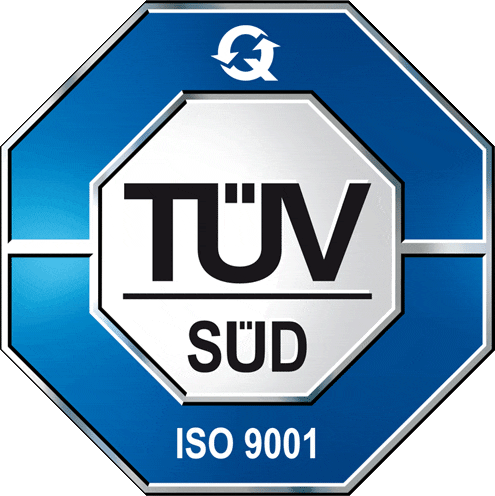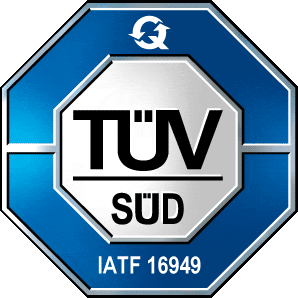As electric vehicles (EV) gain popularity, the demand for reliable and efficient EV infrastructure is soaring, with charging stations serving as the backbone of this growing market. The importance of well-designed cases for these charging stations is becoming increasingly critical.
In this article, we will explore the key factors to consider when developing EV chargers and highlight the essential elements for creating effective and reliable EV charging stations.
CASING DESIGN ESSENTIALS FOR EV CHARGING STATIONS
Durability Requirements
The main purpose of any EV charging station case is to protect the internal components from the harsh external conditions typical of Southeast Asia’s tropical climate. To ensure longevity and reliability, the materials used in the construction of these cases must be highly durable and resistant to corrosion, impact, and other forms of wear and tear. This often involves compliance with standards for impact resistance and mechanical strength.
These cases are often exposed to harsh environmental conditions, including fluctuating temperatures, heavy rainfall, humidity, and UV radiation. This is typically measured with Ingress Protection (IP) ratings, such as IP65 or IP67. Materials should not emit toxic fumes or pose health risks as it needs to comply with regulations regarding hazardous substances and Restriction of Hazardous Substances (RoHS) standards. Casing materials must be effective for years without requiring frequent maintenance or replacements.
Design Elements
The aesthetic appeal of charging station cases is important as it shapes public perception of the brand identity of the companies deploying them. These cases must seamlessly integrate into diverse environments, from bustling cityscapes to serene suburban neighborhoods.
Homeowners pay close attention to how chargers complement their property’s style. A sleek, well designed charging station not only enhances the appearance of a house or porch but also reflects the user’s taste and quality standards, adding to the overall visual appeal of their living space.
A well-designed charging port enhances a property’s appearance, complementing its architecture and adding value. Achieving this balance requires innovative designs that protect internal technology while enhancing the environment.
Technological Integration
The compact design of EV charging stations poses unique challenges in structural enclosure that can integrate complex electronic components, such as power electronics, communication systems, and user interfaces. These elements must be securely housed to allow easy access and maintenance, without sacrificing space or safety.
As technology evolves, charging station cases must be designed with adaptability in mind to accommodate new features and minimise costly changes or disruptions in use. This includes ensuring compatibility with standardised connectors and mounting systems, allowing seamless integration with a variety of EV chargers and installation environments. A forward-thinking design approach is essential, ensuring the cases not only meet current functional requirements but are also prepared to support future innovations and advancements in EV technology.
Safety and Compliance
Safety is paramount in the design of EV charging station cases, which must adhere to strict regulatory standards to guard against electrical hazards, mechanical impacts, and environmental threats. Casings must comply with standards like IEC 60664 (Insulation Coordination) and IEC 61851 (Electric Vehicle Conductive Charging System) to ensure protection from electrical risks.
They must also shield internal components from mechanical impacts, tampering, and unauthorised access, with standards such as IEC 60529 (Ingress Protection) specifying defence against dust and water intrusion. Additionally, materials must meet fire resistance standards like UL 94 to prevent and contain potential fires. Manufacturers must account for various safety factors, including fire resistance, insulation, and security, to ensure the enclosures meet all industry regulations.
ARRK ASIA’S EXPERTISE IN PROTOTYPING
ARRK Asia excels in comprehensive prototyping services, providing expert solutions for developing reliable EV charging station casings.
We assist clients in iterating, visualising, testing, and optimising their designs, providing solutions that save time and ensure the final product meets all standards for durability, safety, and aesthetics.
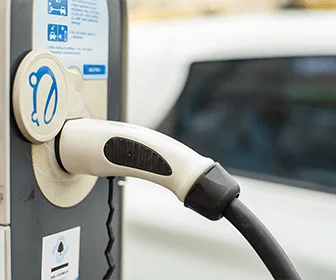
Material Selection
Selecting the right materials is a critical step in designing EV charging station cases, and ARRK Asia provides access to a diverse range of materials that offer both durability and excellent insulating properties to safeguard internal components. For example, our ABS-like polyurethane is tested to withstand harsh conditions, including intense sunlight and high temperatures up to 200°C.
We offer materials that are not only heat-resistant but also flame-retardant, meeting stringent UL94 and 5VA standards. Our experienced team is dedicated to ensuring the optimal choice of materials for each project, balancing performance, durability, and safety to ensure that the final product excels in both functionality and longevity.
Design Optimization
ARRK Asia’s styling optimization services ensure that every EV charging station case achieves the perfect balance between aesthetics and functionality. We collaborate closely with clients to evaluate each design, identifying ways to improve both aesthetics and manufacturability. By applying advanced design techniques and selecting the right materials to refine case designs to be easier to produce, more cost effective, and of superior quality.
The vibrant selection for finishings that can be utilised to achieve the best design from matte, glossy to chrome. This careful material selection process is key to creating cases that mirror exterior vision. This collaboration allows for adjustments that not only improve the appearance and brand alignment of the charging station but also ensure that it performs reliably in the field.
Sheet Metal Fabrication
ARRK offers sheet metal fabrication services for crafting enclosures that securely house components like printed circuit boards (PCBs) and electronic components in EV charging stations. This would ensure the internal electronic components would be secure in structural sound and easy access. This process involves cutting metal sheets into precise sizes, bending them into the required shapes, and assembling them through welding or fastening.
The fabrication allows for the creation of custom enclosures that fit and protect the electronic components from environmental elements, physical damage, and electrical hazards. By employing techniques such as laser cutting for precision and powder coating for durability, metal sheet fabrication ensures that these enclosures are both functional and resilient, maintaining the integrity and performance of the EV charging station’s internal components.
Mock-Up Model
ARRK specialises in creating custom mock-up and design models to help test and validate design outcomes. This can assist in evaluating EV charging station case designs in real-world conditions before moving to mass production. These mock-up models enable customers to test factors like weather resistance, impact tolerance, and ease of installation, ensuring the design meets both technical and regulatory requirements. This process helps identify any necessary improvements early, reducing risks and costs before large-scale manufacturing by producing rapid prototyping.
PARTNERING WITH ARRK ASIA FOR YOUR PROJECTS
Partnering with ARRK Asia for your EV charging station projects ensures a collaborative approach where we work closely with clients to understand their unique needs and deliver tailored solutions for your projects.
Reach out to ARRK Asia to leverage our expertise and innovative capabilities for your next EV charging station project.
